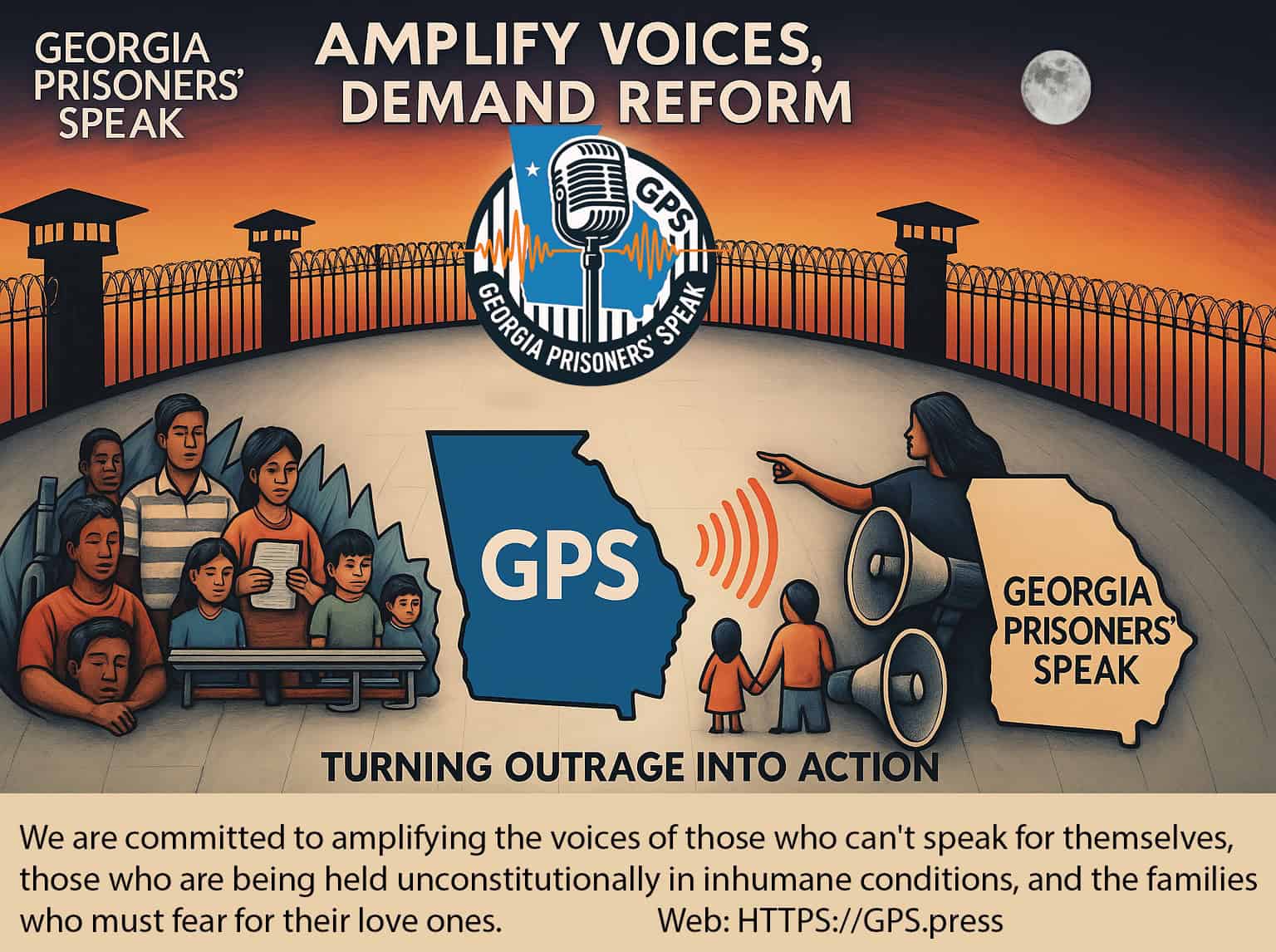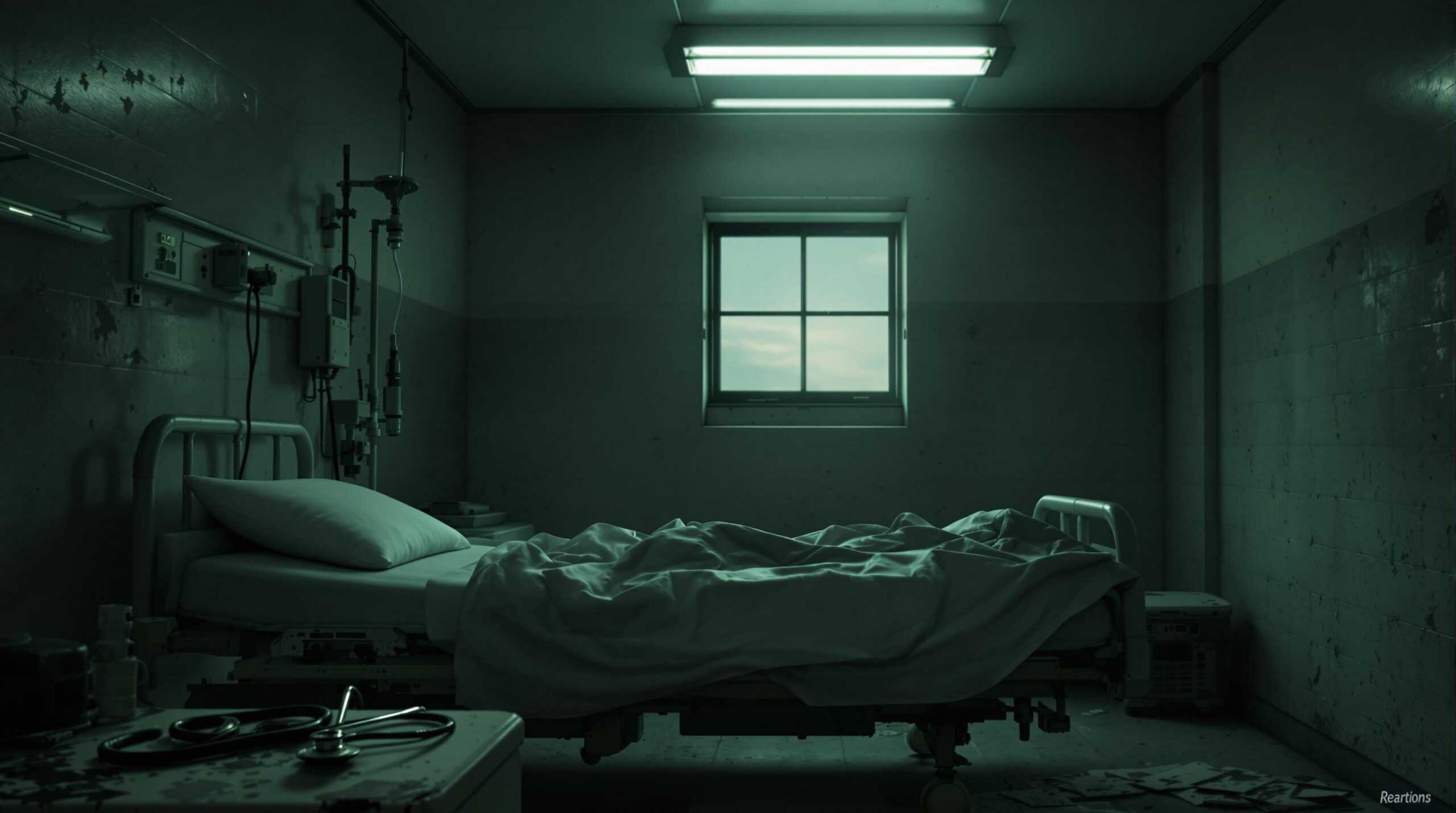35% of medical positions in Georgia prisons are unfilled. Prison doctors earn $40,000 less than the national average. Between 2020 and 2021, over 40 inmate deaths were linked to violence and neglect. Georgia’s prison mortality rate reached 588 per 100,000 inmates—far above the national average. Inmates die from treatable conditions because the state won’t pay for adequate medical care. This is death by policy choice. 1
The Staffing Crisis
Georgia can’t provide healthcare because it won’t pay for it:
- 35% of positions unfilled—chronic shortage of medical staff
- $40,000 below national average—prison doctor salaries
- Underqualified providers—at least five doctors hired despite prior disciplinary actions
- Delayed treatments—staffing shortage causes missed and postponed care
Dr. Timothy Young described the result: “The system is set up to attract the dregs, and that’s what it gets.”
Preventable Deaths
Medical neglect produces predictable casualties:
- Jordan Davidson—tumor progressed unchecked until fatal
- Deion Strayhon—died from ruptured ulcer after being denied care
- Post-birth inmate—had to remove her own stitches
- Mental health patients—left in unsanitary cells without basic hygiene
These aren’t accidents. They’re the predictable result of a system that prioritizes cost over care.
No Accountability
The system operates without oversight:
- No mandatory audits—GDC healthcare operates unchecked
- Voluntary reviews—Medical Association of Georgia audits carry no enforcement power
- Privatized care—NaphCare faces lawsuits but no accountability
- $3 million in settlements—Georgia pays but changes nothing
Attorney Mike Brown stated: “There’s nobody overseeing what the GDC is doing in providing healthcare.”
What Reform Requires
Ending death by neglect requires:
- Competitive salaries—pay enough to attract qualified medical staff
- Mandatory oversight—independent audits with enforcement power
- Quality standards—align prison care with community healthcare standards
- Accountability—consequences for preventable deaths
Other states meet these standards. Georgia chooses not to. 2
Take Action
Use Impact Justice AI to send advocacy emails demanding adequate medical care in Georgia prisons. The free tool crafts personalized messages to Georgia lawmakers—no experience required.
Demand:
- Competitive salaries for prison medical staff
- Mandatory independent healthcare oversight
- Accountability for preventable deaths
- Quality standards matching community healthcare
Further Reading
- Profit Over People: The Privatization of Georgia’s Prison Healthcare
- How Estelle v. Gamble Shapes Prison Healthcare Rights
- GPS Informational Resources
- Pathways to Success
About Georgia Prisoners’ Speak (GPS)
Georgia Prisoners’ Speak (GPS) is a nonprofit investigative newsroom built in partnership with incarcerated reporters, families, advocates, and data analysts. Operating independently from the Georgia Department of Corrections, GPS documents the truth the state refuses to acknowledge: extreme violence, fatal medical neglect, gang-controlled dorms, collapsed staffing, fraudulent reporting practices, and unconstitutional conditions across Georgia’s prisons.
Through confidential reporting channels, secure communication, evidence verification, public-records requests, legislative research, and professional investigative standards, GPS provides the transparency the system lacks. Our mission is to expose abuses, protect incarcerated people, support families, and push Georgia toward meaningful reform based on human rights, evidence, and public accountability.
Every article is part of a larger fight — to end the silence, reveal the truth, and demand justice.


1 thought on “Death by Neglect: How Georgia Prisons Fail to Provide Medical Care”